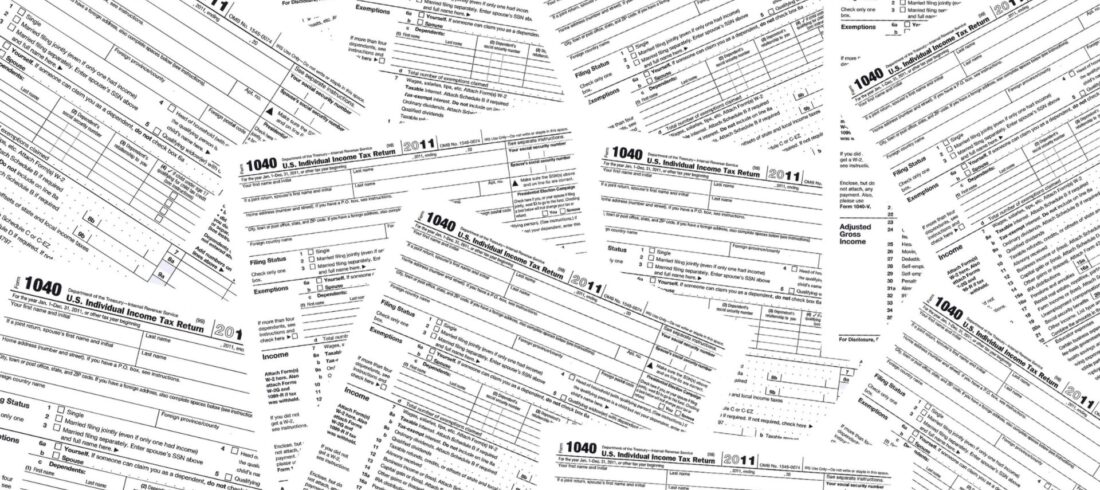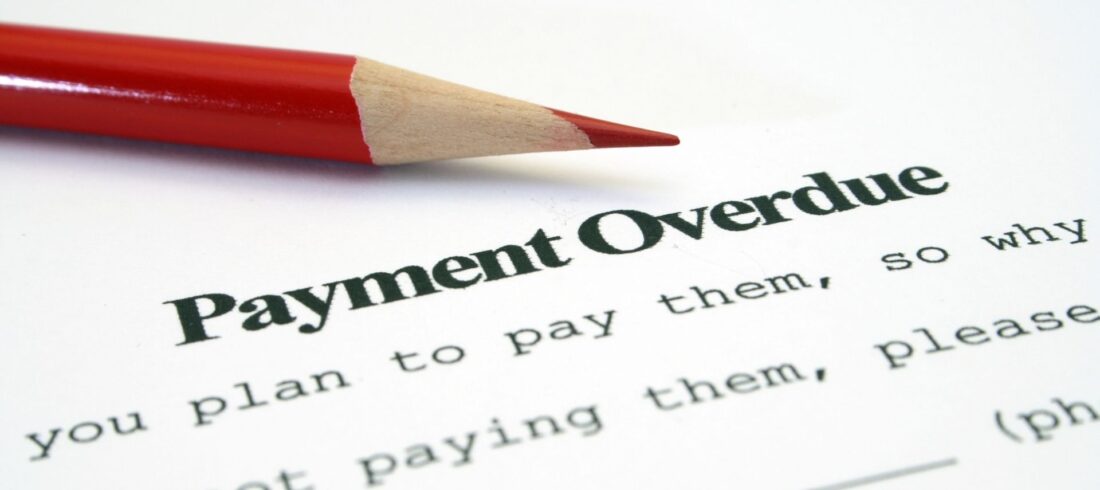There have been numerous studies of small business failure rates resulting in almost as many different conclusions. I’ve seen figures as high as 50% within the first year and 95% within the first five years.
Some of the studies counted such indicators as abandoned assumed names as failures. But there are many reasons for abandoning an assumed name besides failure – for example, when April Jones DBA Deep Skin Beauty becomes Deep Skin Beauty, Inc, April would abandon the assumed name she had filed as an individual. Some studies would count this as a failure. When failure is more accurately defined, the rate goes down dramatically.
There’s somewhat more agreement regarding why business fail, when they actually fail, or go out of business.
Below is my list, in rough order of frequency. Note that low sales is not at the top of my list. The reason is that I’ve seen many business flourish over the long run, even when they start out with low sales. As long as the business owner has planned ahead to deal with initially low sales, the business can grow gradually. Often, this is the very best way. It allows business owners to learn as they go, making many of their mistakes when the business is small, and problems are correspondingly small.
- Poor record keeping and financial controls – OK, maybe I’m biased due to my accounting background, but I’m not the only person who says this is among the top reasons for business failure. Knowing where your money comes from and where it goes is critical to knowing how much capital you need, how much inventory to buy, how much you can afford to spend on fixed assets, how much debt you can afford, how much credit you can extend, and how much you can take out of the business for personal use.
- Insufficient capital — you need enough money to get you through the first year or two, or a spouse with a regular pay check
- Poor inventory management — usually the problem is buying too much inventory early on
- Over-investment in fixed assets — better to focus on satisfying customers or clients than to have fancy office furniture
- Bad credit arrangements when you buy — you don’t want to over-extend; it’s so easy to sign a credit application, but it sure hurts sometimes when you have to make the payments.
- Low sales – Sales are extremely important, of course. Without sales, you don’t have a business. But getting off to a slow start is not necessarily the end of the world. In fact, I’ve noticed that when a business starts off slowly, it gives the owners a chance to give themselves on-the-job training, to grow their skills along with the business.
- Bad credit arrangements when you sell — you don’t want to be overly generous with credit and be left with worthless accounts receivable
- Personal use of business funds — this is related to having enough capital, but it also helps to be fired up enough about your business that you’re willing to live on a tight personal budget for the first few years after you start the business)













